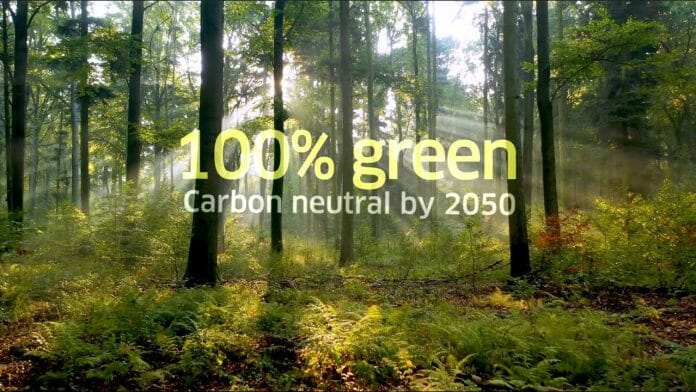Under the nation’s commitment to achieve net-zero greenhouse gas emissions by 2050, there exists a cost factor of RM350 billion to RM400 billion – as the total investment needed to achieve this.
It’s believed that the bulk of this cost would come from the energy sector and the outlay would be needed to fund the energy sector.
Simply, it means that 0.8 per cent of Malaysia’s gross domestic product (GDP) would have to be set aside every year until 2050.
Speaking at the Invest Malaysia (IMKL) Series 1: Building Resilience Amidst Volatility conference in Kuala Lumpur today, Bursa Malaysia chairman Tan Sri Abdul Wahid Omar said this shift includes continued investment in public transportation, tax incentives to promote electric vehicles, and the commitment to phase out coal.
This net zero emission commitment is also reinforced by the Malaysia Renewable Energy Roadmap 2022-2035, developed by the Ministry of Energy and Natural Resources.
“Bursa Malaysia continues to play a key role in driving good environmental, social, and governance (ESG) practices and disclosures across all listed companies.
“As far back as 2014, the FTSE4Good Bursa Malaysia Index has recognised public listed companies (PLCs) that have improved their ESG practices and disclosures.
“The number of constituents in the Index has since grown from 24 to 87, based on the last review in June 2022.
“We also have the FTSE4Good Bursa Malaysia Shariah Index, which comprises 65 shariah-compliant constituents from the FTSE4Good Bursa Malaysia Index,” he said.
With the introduction of the Sustainability Reporting Framework of 2015, Malaysian PLCs are now disclosing Sustainability Statements and Reports annually – detailing governance structures put in place and the approach to managing material sustainability matters, covering an extensive range of ESG areas, Abdul Wahid said.
He added: “The updated Malaysian Code on Corporate Governance 2021 issued by the Securities Commission further provides best practices and guidance to strengthen board oversight, as well as the integration of sustainability considerations into the strategies and operations of companies.
“The case for Malaysian companies to embed ESG factors in their business strategy and operations is clear.
Abdul Wahid added that to enable companies to voluntarily purchase carbon credits from climate-friendly projects and solutions to offset their carbon emission footprint and meet their voluntary climate goals, Bursa Malaysia will launch the Voluntary Carbon Market (VCM) exchange later this year.









